How to spot a fake ID picture?
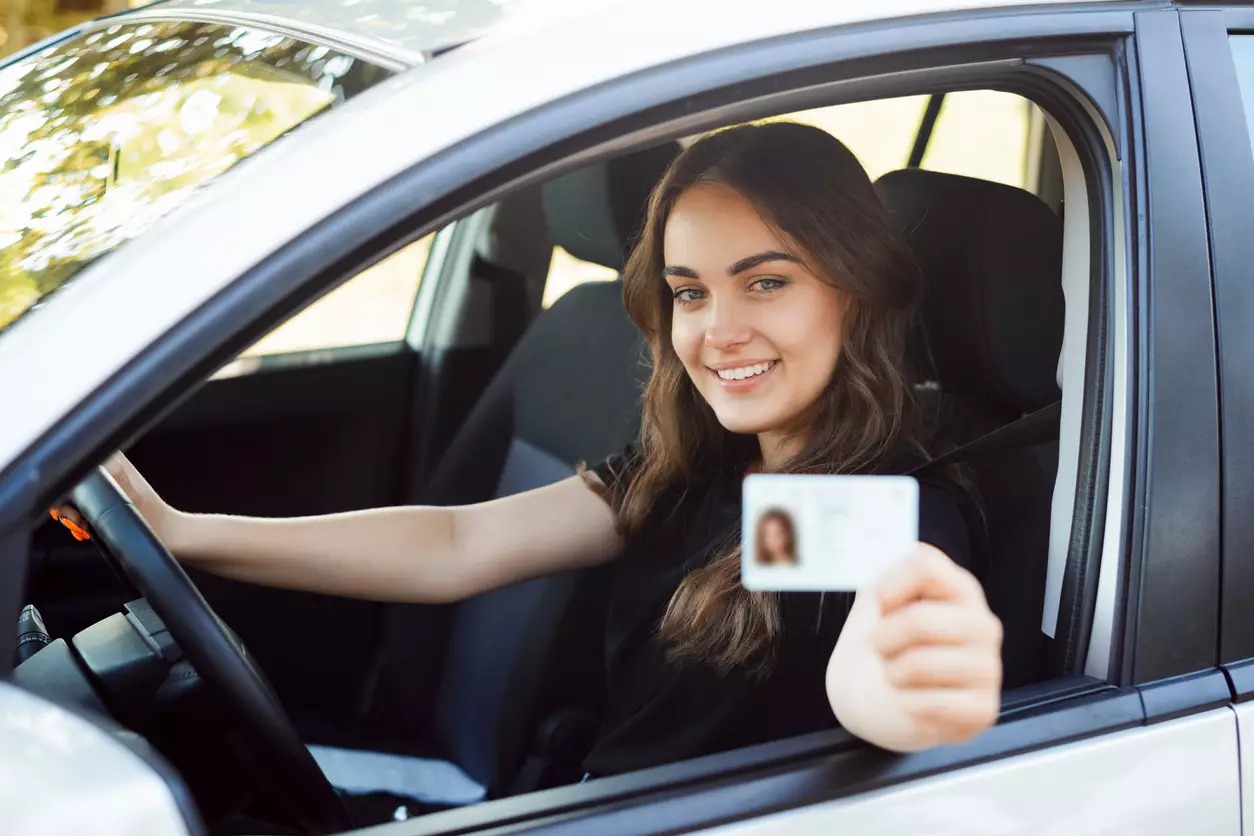
How to Spot a Fake ID Picture: A Comprehensive Guide
In today’s world, identifying fake identification is crucial for businesses, security personnel, and even individuals. Whether you're working at a bar, retail store, or just being cautious in personal interactions, knowing how to spot a fake ID picture can save you from potential fraud. In this guide, we’ll break down the telltale signs of a fake ID, common methods fraudsters use, and how you can protect yourself from falling victim.
Why Is It Important to Spot a Fake ID?
Fake IDs are more prevalent than most people think. They are often used by underage individuals attempting to buy alcohol or enter clubs, but they can also be used for identity theft, fraud, or even in more serious criminal activities. This makes it crucial to recognize a fake ID at a glance, especially the photo, as it’s one of the most manipulated elements.
Key Signs of a Fake ID Picture
Knowing how to spot a fake ID picture involves paying attention to small details. Here are the primary factors to watch out for:
Blurry or Low-Quality Photo
One of the most common signs of a fake ID is a blurry or pixelated image. Genuine IDs are printed using high-resolution images, so a low-quality picture is a red flag.Disproportionate Features
Fake ID photos often have odd proportions, either because the picture has been altered or cropped poorly. Look at the head size and alignment with the ID frame. If the head seems too large or too small, it’s likely that the photo has been tampered with.Inconsistent Lighting
Pay attention to the lighting in the photo. A real ID will usually have even, natural lighting. If the light source seems unnatural, too bright in one area, or casts strange shadows, the photo may have been manipulated.Unnatural Colors
Fake ID pictures sometimes suffer from poor color correction. This can result in overly bright skin tones, unnatural eye colors, or strange lighting effects.Altered Facial Features
Some fraudsters attempt to photoshop or alter their appearance slightly in the ID photo. Look for slight distortions around the eyes, mouth, or nose area, as these can indicate an edited image.
How to Identify Fake IDs Beyond the Picture
While the photo is one of the most critical aspects of spotting a fake ID, there are other elements you should inspect:
Holograms: Real IDs often have holographic images that shift under different light angles. Fake IDs may try to replicate this, but they usually fail to create the same effect.
Font Inconsistencies: Check for mismatched fonts, improper spacing, or incorrect information alignment. Genuine IDs maintain uniform text quality, while fakes often show inconsistent printing.
Barcode and Magnetic Strip: Many modern IDs come with barcodes or magnetic strips containing encoded information. Using a scanner or smartphone app, you can verify whether the barcode matches the data presented on the ID.
Common Types of Fake IDs
There are several types of fake IDs, and knowing which one you’re dealing with can help in identifying them more easily.
Forged IDs
These are counterfeit IDs created from scratch. They often suffer from quality issues in both the picture and the materials used. Spotting a fake ID picture on a forged ID is relatively easy because of the poor printing quality.Altered IDs
These involve modifying a real ID by changing details like the birth date or picture. With altered IDs, the focus is often on how to spot a fake ID picture that doesn’t match the original, or minor errors where the image has been cropped or resized incorrectly.Stolen Real IDs
Sometimes, fraudsters will use a stolen real ID with their photo inserted into it. The photo might look legitimate, but the person’s appearance won’t match the other details.
Advanced Methods to Detect a Fake ID Picture
If you work in a field where verifying ID authenticity is crucial, consider employing more advanced methods to ensure accuracy.
Ultraviolet (UV) Light: Many official IDs include UV security features that aren’t visible to the naked eye. A fake ID will often lack these elements, making it easier to detect under UV light.
Facial Recognition Software: Some establishments are starting to use facial recognition technology to cross-check the picture on the ID with the person standing in front of them.
ID Scanners: ID scanners can help verify the authenticity of an ID by checking its magnetic stripe or barcode information. These tools are especially useful in quickly identifying fake IDs in high-traffic environments like bars or events.
Long-Tail Keywords to Consider
When learning how to spot a fake ID picture, you might come across different variations of this question. Here are some long-tail keywords that align with this topic:
- "How to detect a fake driver's license photo"
- "Signs of a fake ID picture in different states"
- "How to recognize a fake photo on a student ID"
- "What to look for in a fake ID picture for bartenders"
- "Tips for identifying a fake passport photo"
Conclusion: Protecting Yourself from Fake IDs
Spotting a fake ID, especially focusing on the picture, is a skill that can prevent underage individuals from entering restricted areas and, more importantly, protect against fraud and identity theft. Always look for signs like blurry images, inconsistent lighting, and unnatural colors. If possible, use tools like UV lights, ID scanners, or facial recognition software to ensure accuracy. By keeping these tips in mind, you'll be well-equipped to handle fake IDs.
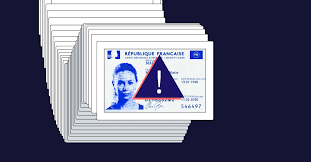 Fake Canadian Driving License
Fake Canadian Driving License
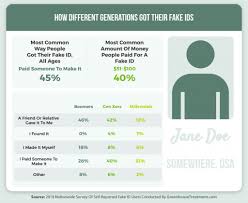 Fake Canadian ID Card
Fake Canadian ID Card
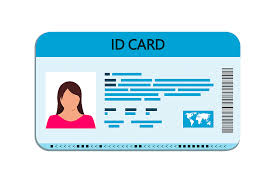 Legal ID Card
Legal ID Card
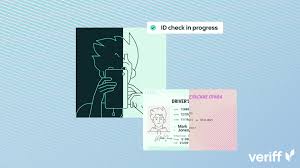 ID Card
ID Card